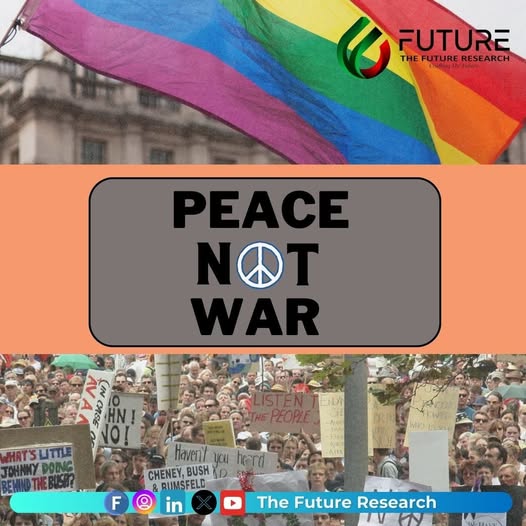The recent controversy involving a running event allegedly attended by foreign tourists dressed inappropriately and promoting a deviant culture related to lesbian, gay, bisexual, and transgender (LGBT) issues is an eye opener.
This incident has sparked concerns about the influence of “woke” culture in Malaysia.
“Woke” culture refers to a social awareness and activism focused on issues such as racial and gender equality, LGBTQ+ rights, and social justice. It emphasizes the importance of recognizing and addressing systemic inequalities and injustices. The term originated from African American Vernacular English and has evolved to encompass a broader critique of societal norms and practices perceived as oppressive or discriminatory.
Whether we are aware of it or not, “woke” culture has been present in Malaysian society since the 1970s. It began with the rise of leftist movements opposing the establishment, supported by labor unions, campus students, and youth. This “woke” culture, which can be linked to the “hippie” movement of the 1960s in the United States, carried messages of “peace not war” and demands for personal freedom, including free sex, gaining popularity among teenagers and spreading to Europe and subsequently to Malaysia.
The influence of “woke” culture became more pronounced with the infiltration into music and entertainment platforms, making it trendy and said to be a catalyst for rock music.
The geopolitical climate of that time also fostered the growth of “woke” culture among revolutionary activists and anti-war movements, particularly during the Cold War, the Vietnam War, and crises in Cuba and Latin America.
Revolutionary movements inspired by Che Guevara in South America aligned with “woke” themes of resistance and the fight for freedom.
Additionally, “woke” culture was shaped by the negative practice of drug abuse, especially marijuana, among some activists, associating it with “freedom” and becoming a hallmark of hippie gatherings, particularly in Europe and America.
By the 1990s, “woke” culture began to incorporate LGBT elements advocating for the liberation of society from biphobia, homophobia, and transphobia.
However, there has yet to be comprehensive social research linking these issues specifically to identity its impact on the transformation and societal /cultural development in Malaysia.
It is timely for social and cultural researchers in Malaysia to investigate this phenomenon and present their findings to society, aiming to realign the deviant aspects introduced by “woke” culture with the values of the majority of its eastern and Islamic cultural practices.
Mohd Roslan Saludin
Research Fellow
The Future Research


Leave a Reply